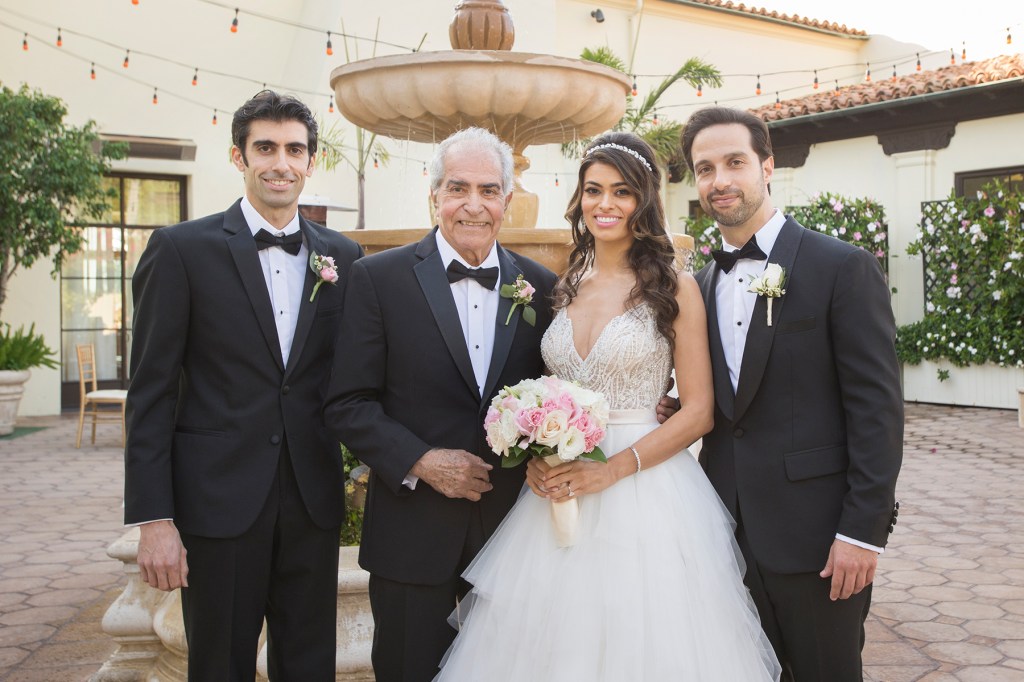Hooshmand Aghili passed away on Sept. 4, 2025, at 88. We were with him, grateful for a lifetime of music that felt like home to millions.
He was born in Isfahan in 1937, the city of poets and blue tiles. As a teenager, he trained with the great Taj Esfahani, and by his early years, he was already on Radio Isfahan, a voice people would stop to hear.
In Tehran, he kept studying — ever the student — and stepped onto national stages. When Iranian National Television launched, he sang with the National Orchestra and worked alongside master composers and virtuosos, a circle that sharpened his classical phrasing and broadened his reach.
If you grew up in a Persian household anywhere in the world, there’s a good chance one song unlocked a hundred memories: “Farda To Miayee”. It’s the tune that plays when a living room becomes a dance floor and cousins become a choir. For many in our community — and for our family — its first notes are instantly recognizable.
He carried other favorites with him too — “Cheraghe Khooneh,” “Darya,” “Ghesehgoo” — songs that traveled across oceans, pressed into vinyl and tape and, later, playlists spanning generations.
In 1977, he moved to the United States and built a new life while keeping Iran close. For us — and for so many in the diaspora — his voice became a bridge between places: A few notes and suddenly you were back in your grandparents’ kitchen, or on a moonlit drive down Valiasr.
That was the artist. Here is the man. He was the life of the party — telling jokes, reciting poems, captivating every room with that easy charisma. He was the kindest, sweetest presence, always giving of himself and, often, his belongings. He was a doting father who did the school drop-offs, taught us how to ride a bike, exposed us to all kinds of wonderful experiences — the daily work of unconditional love. He lives on within us, and in his grandson, who bears Hoosh as his middle name, a quiet echo of his legacy. After losing the love of his life, our mother, Farideh, in 2007, he never remarried. Sometimes the truest performance was in the life he lived offstage.
What did he mean to Persians — and to music — everywhere? He showed how a classical sensibility could meet popular feelings without losing either one. He proved that a song could be both refined and welcoming, both rooted and open-armed. For decades, he gave Iranians an anthem to gather around and a repertoire that could turn a lonely evening into a remembered celebration. That was his gift: to remind people where they come from and who they belong to — together.
To everyone who shared a wedding dance to “Farda To Miayee,” kept “Cheraghe Khooneh” on repeat during long drives or dreamed of the beach while listening to “Darya” — thank you for letting our father’s voice live in your homes and hearts. We’ll keep singing with you.
With love and gratitude,
Mae & Mike







Comentarios